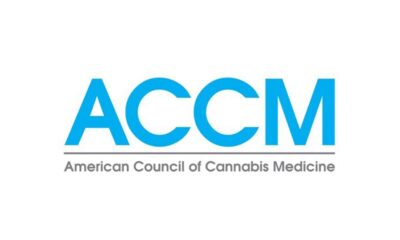Algernon Pharmaceuticals Inc. (CSE: AGN) (OTCQB: AGNPF) reported the close of its non-brokered private placement, previously announced on August 7, 2024 and updated on August 13, 2024, for gross proceeds of C$235,200 of units at an issue price of $0.12 per Unit. The private placement was upsized from the original amount of C$150,000.
The company said it will use the proceeds of the private placement for working capital purposes. Algernon mostly repurposes already-approved drugs for new uses. The company is advancing a stroke program using N,N-Dimethyltryptamine (DMT).
The company announced that some insiders participated in the offering for C$60,000 making it a related party transaction. The common shares purchased by insiders exceeded 25% of the company’s market capitalization.
Algernon paid cash finder’s fees totaling C$4,800 and issued 40,000 finders warrants to eligible finders for investors introduced to the Company by the eligible finder.
Going Concern
The psychedelics company last reported its earnings at the end of July when Algernon told investors it had C$609,524 in cash at the end of May 2024. It reported a net loss of C$1.4 million for the quarter ending May 31, 2024.
At the end of May 2024, Algernon reported it had an accumulated deficit of C$30,435,365 and for the nine months then ended incurred a net loss of C$81,548 (May 31, 2023 – C$4,254,809). The company told investors in July that it would need to raise sufficient working capital to maintain operations.
Also at the end of May, Algernon reported it had a working capital deficit of C$1,244,049 compared to working capital on August 31, 2023, of C$2,379,931. The company’s current liabilities were C$1,931,044.
DMT studies
Algernon said in its MD&A in July that its decision to investigate DMT and move it into human trials for ischemic stroke was based on multiple independent, positive preclinical studies demonstrating that DMT helps mitigate tissue damage and promote neurogenesis as well as structural and functional neural plasticity. The company wrote, “The reason that the Company conducted a Phase 1 study and did not move directly into a Phase 2 study is that it was investigating prolonged intravenous infusion of DMT, for durations which have never been clinically studied. The resulting data generated is helping the Company to plan both its Phase 2 acute stroke and rehabilitation studies more effectively. The Company along with CHDR presented its Phase 1 stroke study data at the Interdisciplinary Conference on Psychedelic Research being held from June 6-8, 2024 in Haarlem, the Netherlands.”
The company said it is planning to conduct this study at multiple locations in Europe using its existing finished product supply of intravenous DMT. Ethics submission is scheduled for 2024 with the study starting a short time after approval.

 California Cannabis Updates1 year ago
California Cannabis Updates1 year ago
 Breaking News1 year ago
Breaking News1 year ago
 best list1 year ago
best list1 year ago
 Business1 year ago
Business1 year ago
 Business1 year ago
Business1 year ago
 cbd1 year ago
cbd1 year ago
 Bay Smokes1 year ago
Bay Smokes1 year ago
 autoflower seeds1 year ago
autoflower seeds1 year ago








































